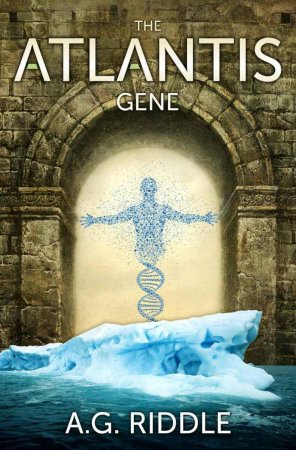 The Atlantis Gene: A Thriller
The Atlantis Gene: A Thriller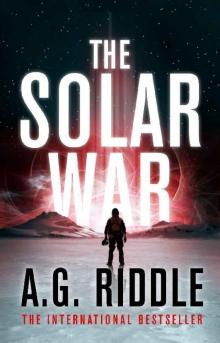 The Solar War (The Long Winter Book 2)
The Solar War (The Long Winter Book 2)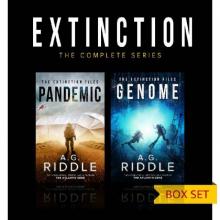 The Extinction Files Box Set
The Extinction Files Box Set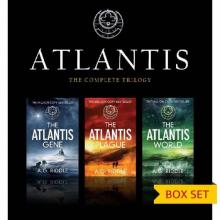 The Atlantis Trilogy Box Set- The Complete Series
The Atlantis Trilogy Box Set- The Complete Series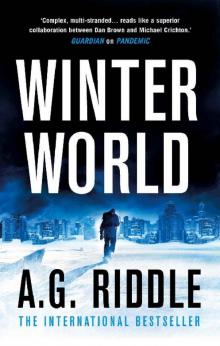 Winter World
Winter World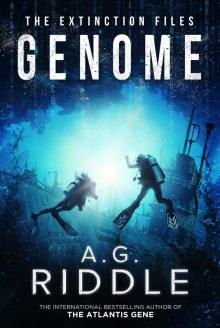 Genome
Genome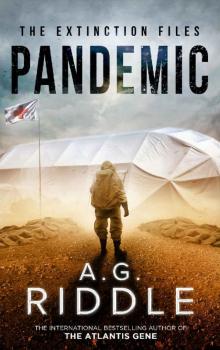 Pandemic (The Extinction Files Book 1)
Pandemic (The Extinction Files Book 1)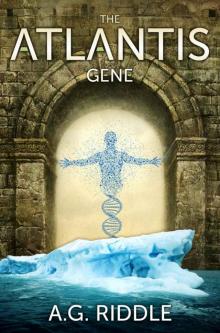 The Atlantis Gene: A Thriller (The Origin Mystery, Book 1)
The Atlantis Gene: A Thriller (The Origin Mystery, Book 1)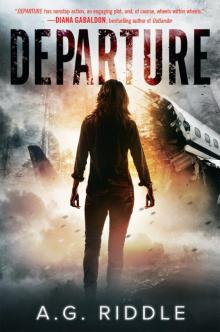 Departure
Departure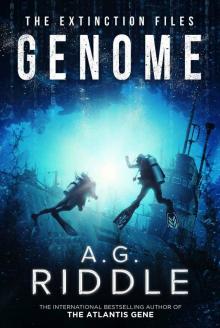 Genome (The Extinction Files Book 2)
Genome (The Extinction Files Book 2)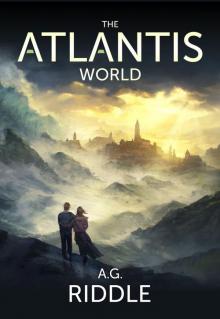 The Atlantis World (The Origin Mystery, Book 3)
The Atlantis World (The Origin Mystery, Book 3)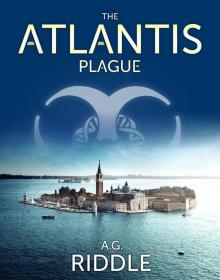 The Atlantis Plague: A Thriller (The Origin Mystery, Book 2)
The Atlantis Plague: A Thriller (The Origin Mystery, Book 2)